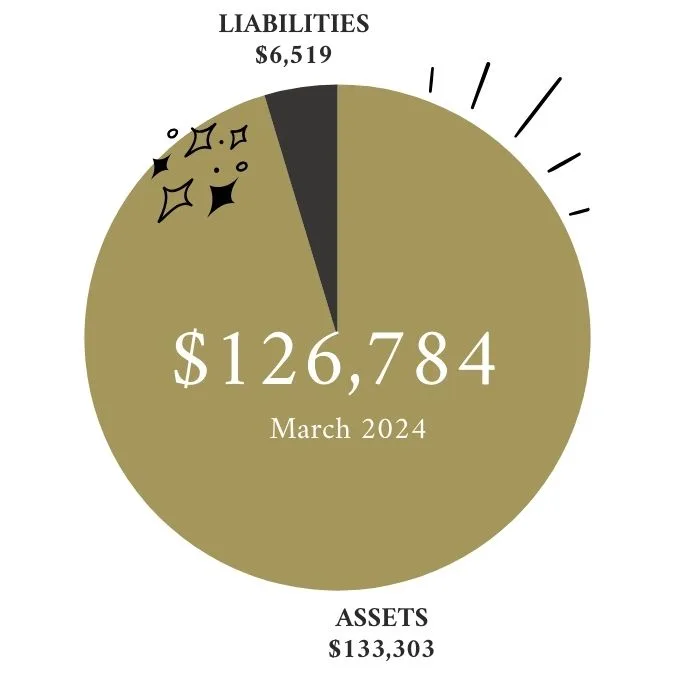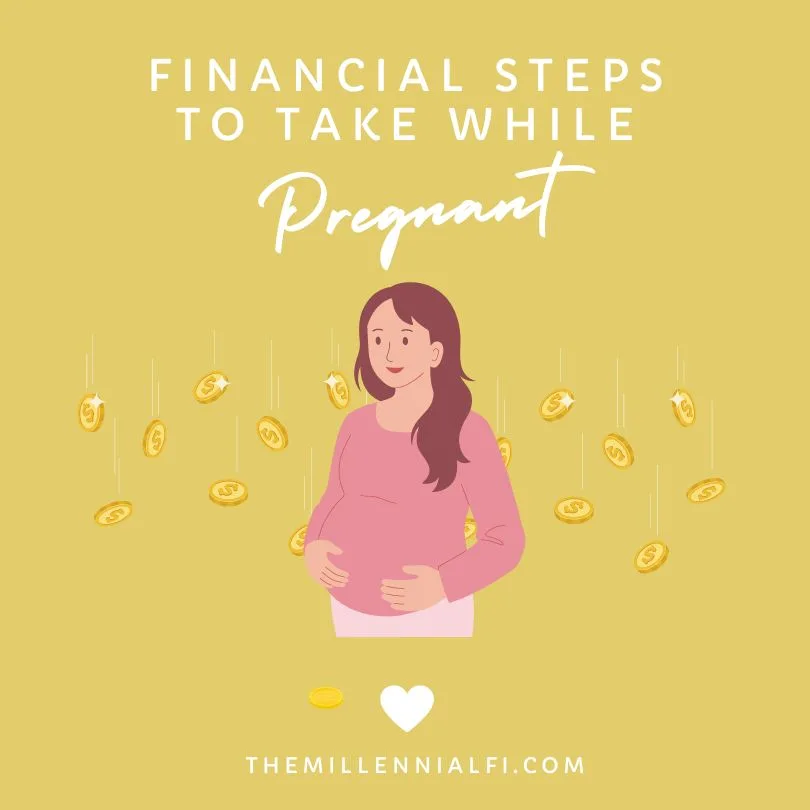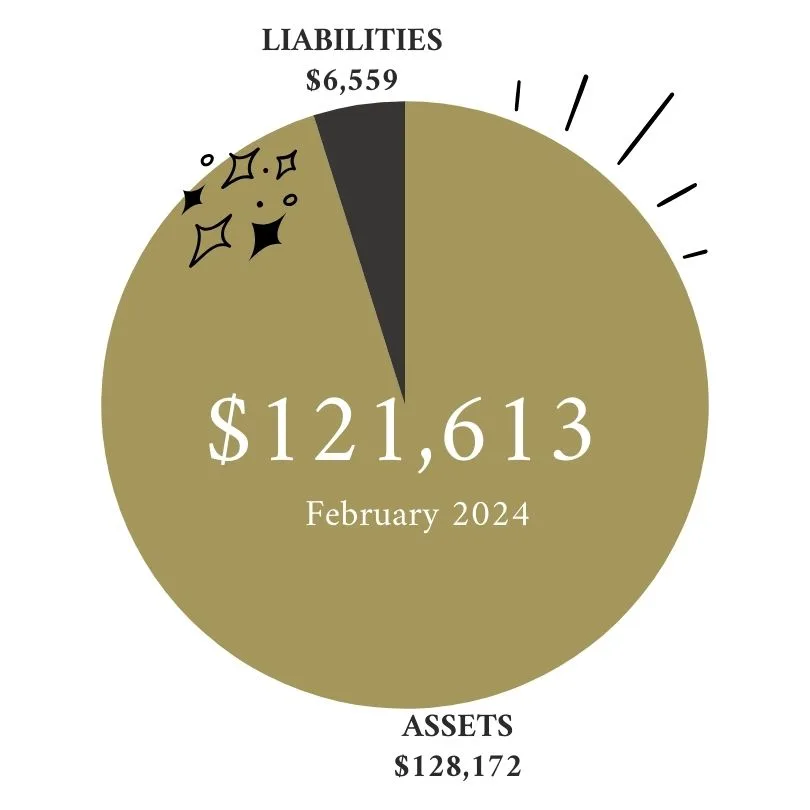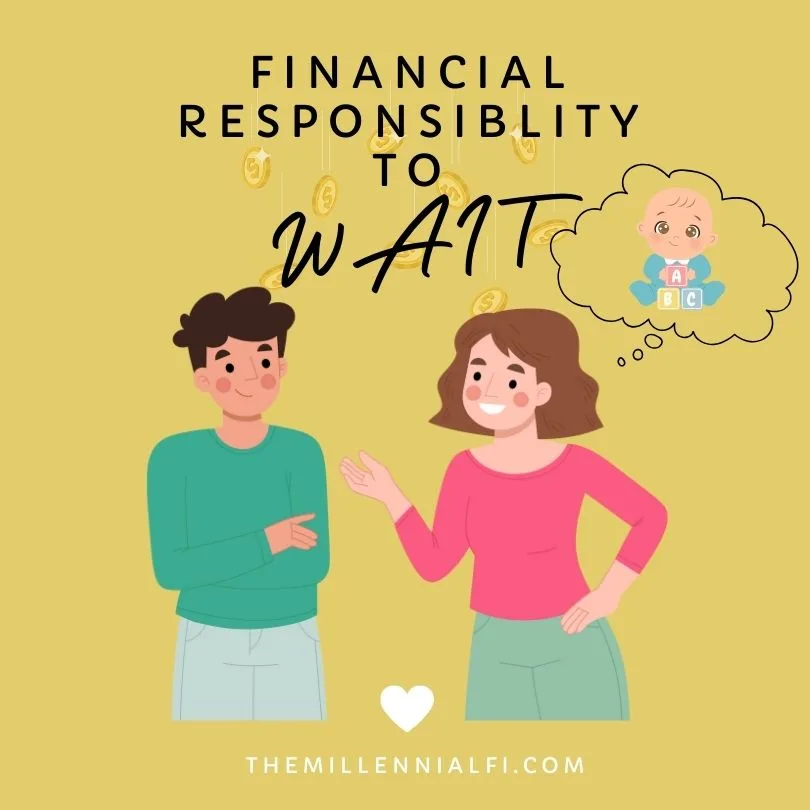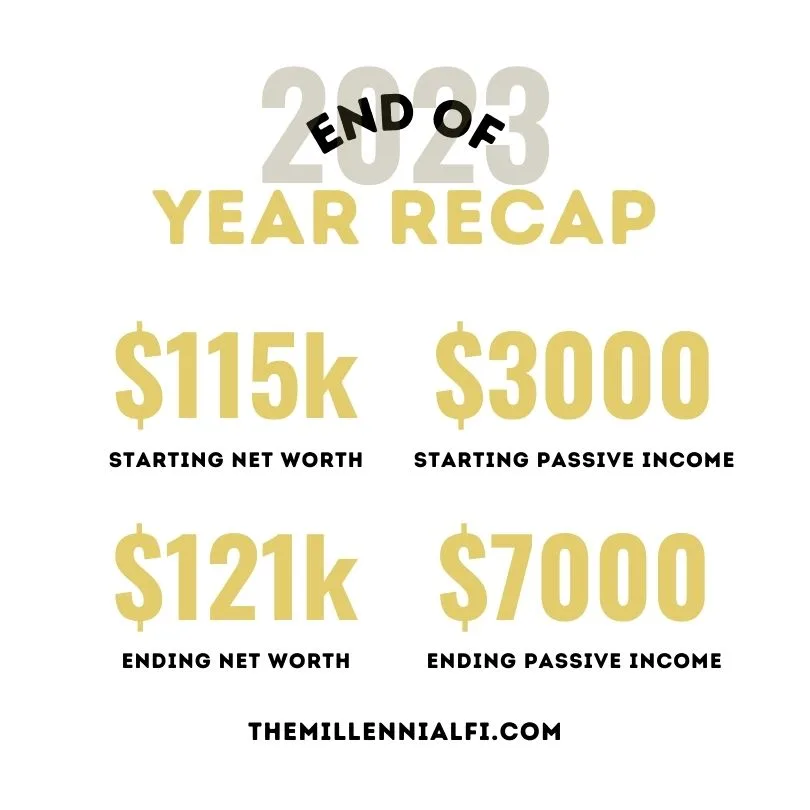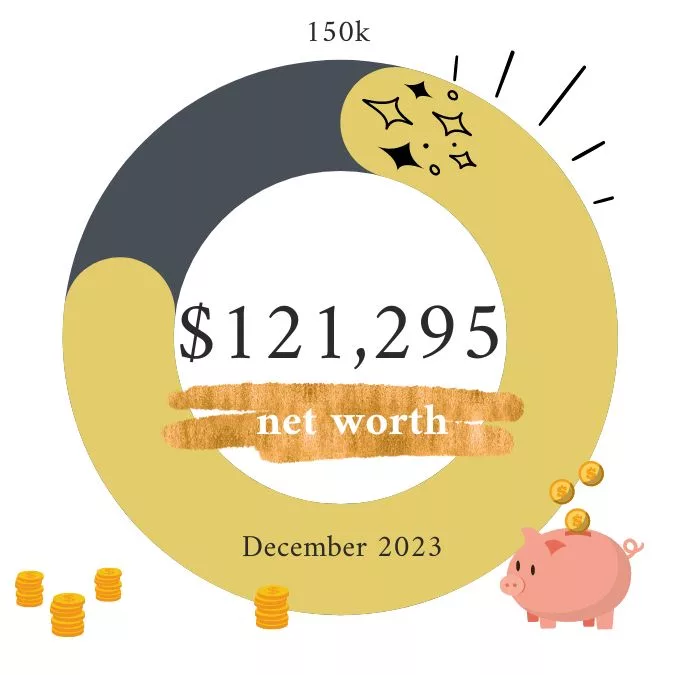For those living in first-world countries, we *generally* have access to appropriate education, healthcare, and financial means to ensure we make the decisions that are best for our futures. We also have the social and financial responsibility to ensure we’re making the right choice for those we drag into this world (aka, our children). It is because of that responsibility that we did everything in our power to NOT have children the first ten years of our marriage.
My husband and I married young, 19 and 20 respectively. We struggled with homelessness and money to the point that we starved and experienced extreme food insecurity the first few years. No way could we think about raising a child in that situation. We did what it took to make sure I was on birth control and taking it everyday at the same exact time. For the longest time, getting pregnant was somewhat of a terror for me. I knew we couldn’t afford children, but it was also incredibly difficult to avoid.
Family planning impacted our intimacy and the lengths I had to go to for pills was insane looking back. Back before the Affordable Care Act, with “insurance”, I was charged $450 for a 5 minute consult for birth control at the family doctor who prescribed pills costing $280/month during a time where I was making $0. Expanded Medicaid wasn’t a thing and because I was only 18 and not 19, my parent’s income counted against me for WIC despite being homeless and no longer living with them. Planned Parenthood was a 3+ hour drive and IUDs weren’t an option like they are today.
In simple words, the system was broke.
With the ACA implemented, I was afforded low-cost and eventually free options to birth control. The barriers were still there for some time after 2014 and it wasn’t until I was about 27 that I was able to gain easy access to family planning resources. While some complain about rising cost of premiums due to required coverage of preventative services, I can confidently say that I’m paying less in premiums under ACA than on my parent’s grandfathered plan that didn’t cover jack because I wasn’t married to my father. 🙄
Part of my prior job (yes, I resigned last week) was capitation management, implementation, and risk corridor reconciliation while also ensuring yearly financial auditing of managed care organizations. Private corporations are greedy, they set up systems that make it incredibly easy to inflate their expenditures in the name of larger profits. I’m talking pharmacies and provider franchises owned as subsidiaries of the managed care organizations as just one example.
Honestly, it’s still broken but in horrifically new ways no longer federally protected. As a healthcare analyst and a citizen living in the United States, reproductive healthcare is important and concerning to me. It doesn’t just impact me, it impacts my children, friends, family, and our community and way of life.
I digress.
Waiting to consider having children until one is financially secure isn’t just taking financial responsibility, it’s loving those who don’t exist and may never exist. While waiting comes with it’s challenges, if doing so means a potentially better like for us and them, then all the good and bad that can come with waiting is made worth it.
Of course, waiting isn’t an option for everyone. From accidents, assaults, and state legislation to healthcare deserts and health conditions, choice and timing isn’t always in the books.
For us, we found out the hard way that waiting to be financially stable has its cons. The main con, despite still being under 30 years old, was surprise infertility. With the significant drop in sperm count and rise in infertility since the 1980’s, one might find they’re out of time before they even begin.
For all intents and purposes, if we’d tried 10 years ago, we would have had the same issues we’ve encountered since 2022. Because ours spawns from genetics, we will better prepare our children from the realities of waiting. When they’re old enough for it to be address, we won’t hide generation impacts from them and will encourage them to seek diagnostic testing so they can make informed decisions for their futures if that is something they want.
If we had known we’d face infertility and that it wasn’t something we could control (genetics), we might have done things differently. We certainly wouldn’t have suffered for so long with no answers if family had been forthcoming to get checked out from the start!
Yes, I’m still salty.
Ultimately, it worked out for us. We’re welcoming our first child some time in the next 3 weeks and are financially secure enough to buy a house on one income and allow me to be off work for the next 6 months.
Studies have shown that income and financial security in the first year of life impacts children for the rest of their lives. Not just from a financial standpoint but also educational and behavioral point. With the lack of social and economic supports at the State and Federal levels for families in the United States, it’s a no brainer why first time parents are an actively aging population.
Not sure what babies cost? Click here to read our most recent update (hint: he’s not born yet!)



